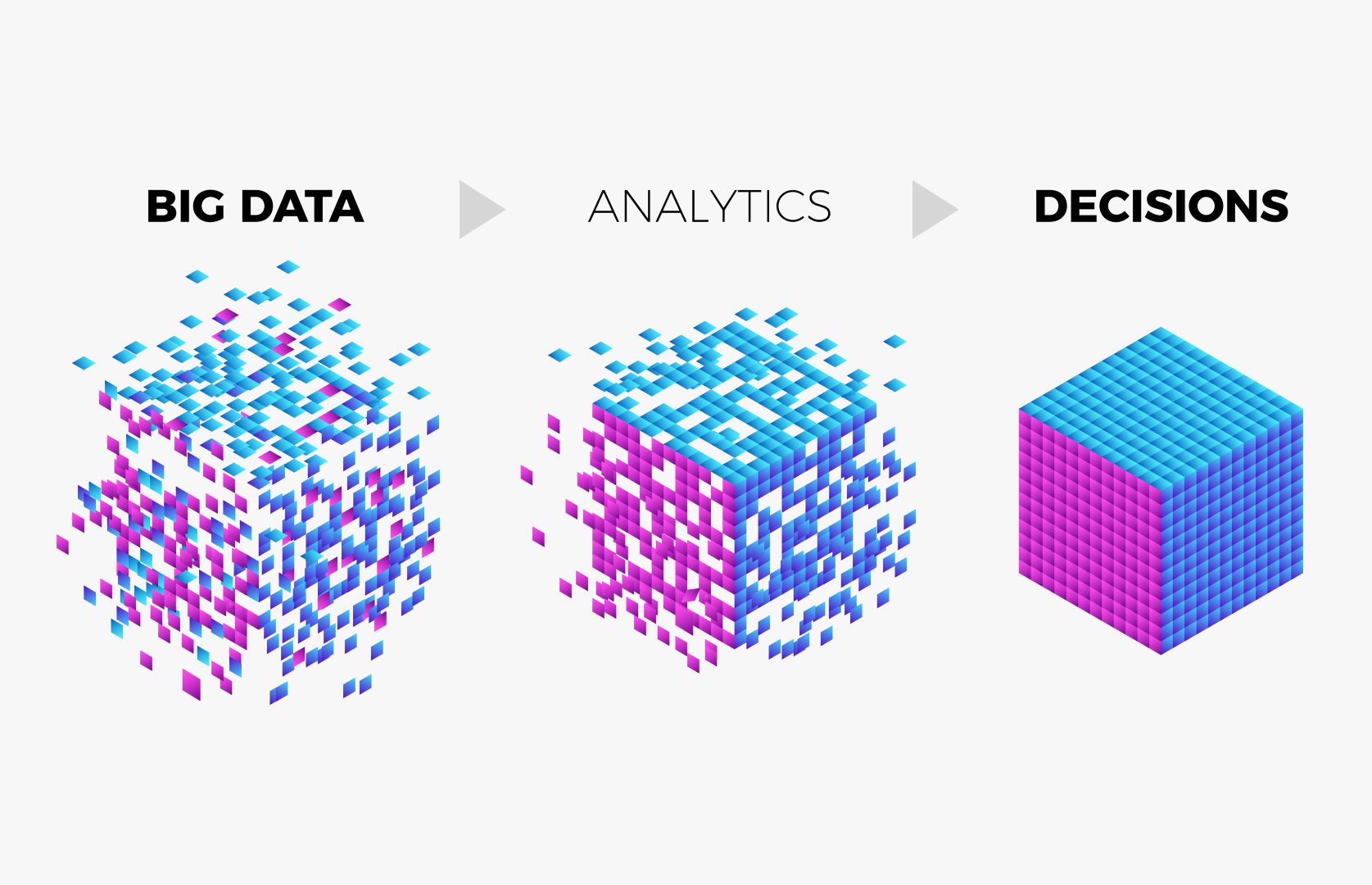Data scientists and their role in clinical research
Published: 08.22.2023
The profession of data scientist is becoming increasingly important in the digital transformation of clinical research. Especially in combination with artificial intelligence (AI) and modern data analysis, they make a decisive contribution to medical innovation today. But what is clinical data science, what role do data scientists play in clinical trials - and why has AI become indispensable?
What is Data Science?
Data science is a multidisciplinary field that deals with gaining knowledge from large amounts of information. In clinical research, this is often referred to as clinical data science - a specialized application of data science to medical issues.
Data scientists use advanced analytical techniques to identify patterns, trends and relationships in the data. They develop algorithms and AI or machine learning models that are able to extract information from complex and often unstructured sources. Their aim is to use these findings to make informed decisions - for example, when selecting patient groups, assessing risks or evaluating the efficacy and safety of a medication.
Clinical Data Science as a factor for innovation
The importance of data science has grown significantly in recent years as more and more companies and organizations realize the value of data for their decision-making. It offers the following opportunities:
- Identifying hidden patterns and correlations to drive breakthrough innovation.
- Tailoring products, services and medical treatments to individual needs. Personalized approaches lead to better results.
- Identifying and optimizing inefficient trial processes to efficiently save resources.
- Predicting trends and developments in order to make informed decisions in areas such as finance, business and healthcare.
Interactive Tour
What role does Data Science play in clinical research?
The development of a medication - from the idea to the preclinical development of the active ingredient to market approval - is a long and costly process. Only about 10% of medications that start in the first phase actually receive approval. With their specialist knowledge and analytical skills, data scientists are indispensable players in this process. Their analyses and predictions, as well as the help of AI models, save both time and money for clinical research, giving patients faster access to life-saving medication.
One example of the use of data science in clinical trials is the field of imaging techniques such as X-rays or MRI in the diagnosis and monitoring of diseases. In the Hanse study, for example, AI assisted investigators in identifying lung cancer at an early stage, enabling early treatment and significantly increasing patients' chances of survival.

What are typical tasks of Data Scientists in clinical research?
No matter what industry they work in, data scientists work with data. In the case of clinical research, this usually involves patient data. Data scientists use their broad expertise in disciplines such as statistics, computer science, mathematics and machine learning to draw valuable insights from the volumes of data collected in clinical trials.
Here are some of the tasks that data scientists have to deal with on a daily basis.
Data cleansing and preparation: Data is often incomplete, incorrect or unstructured. Data scientists clean and transform the data to create a solid basis for analysis. They remove duplicates, correct errors and structure the data to make it usable for further steps.
Data analysis: Before data scientists develop models, it is important to examine the data thoroughly. By using statistical methods, visualization techniques and data mining algorithms, they identify patterns, correlations and outliers in the data. These findings serve as the basis for further analysis.
Model development and machine learning: Data scientists develop models and algorithms to enable predictions and pattern recognition. They use machine learning to train models and apply them to data. Using techniques such as supervised or unsupervised learning, they recognize patterns in the data and are able to predict future events.
Data visualization and communication: Data scientists must transform complex technical concepts and results into understandable information for non-technical stakeholders. They create meaningful visualizations and reports that enable others to understand the results of data analysis and make informed decisions.
Continuous improvement and monitoring: Data is dynamic and constantly changing. Data scientists monitor the models and algorithms to ensure that they deliver relevant and accurate results. They continuously optimize and improve their models to keep pace with changing requirements and data streams.
What role does artificial intelligence play in Clinical Data Science?
The importance of AI in clinical trials is growing rapidly. It is used to efficiently analyze huge amounts of data, automate processes and enable better decisions. This includes, among other things
- the selection of suitable test subjects for clinical trials based on genetic and medical data,
- the identification of patterns in disease progression,
- the automated evaluation of imaging procedures,
- the early detection of side effects.
In many cases, AI-supported analyses not only improve accuracy, but also speed up the entire trial process, which ultimately benefits patients - for example through faster access to innovative treatments.
Clinical Data Science as the future of clinical research
Modern clinical research is almost unimaginable without clinical data science and artificial intelligence. They make it possible to conduct clinical trials faster, safer and more efficiently - always with the aim of improving treatment options for patients.
Especially in times of growing data volumes and increasing complexity, the role of the data scientist is more important than ever. They combine technical expertise with a deep understanding of medicine - making them an indispensable part of any modern research team.
In the coming years, AI and data-driven decision-making processes will become even more central. New technologies such as large language models, multimodal AI and real-world data analysis promise further progress. Investing in data science today means actively shaping the future of clinical research - and helping to take patient care to a new level.
Want to learn more about Data Science at Alcedis? Take a deep dive into Alcedis Labs, where breakthrough innovations happen.


